Article content
27 May 2014 by David Ward
On the face of it, Macau is a fast-growing, fast-living city, designed exclusively for those whose holidays revolve entirely around eating, drinking, gambling and good times. But while Macau's many glitzy Vegas-style hotels and casinos - of which more are arriving on an almost daily basis - offer an abundance of hedonistic highlights, it's the city's still beating traditional centre that offers the real appeal.
Wexas Travel's Content Editor David Ward steps beyond the bright lights and betting tables of the MGM Grand and Venetian to discover the colourful streets of the real Macau; an enticing cocktail of colonial Portuguese architecture; colourful Taoist temples; cobbled streets lined with Chinese food stalls and rustic Macanese restaurants; a lively port, where traditional sampans fight for space alongside fleets of rusting fishing vessels; and vast traffic-choked avenues surrounded by a jungle of tumbledown, high-rise apartment blocks; all of which collide and combine perfectly to create a truly intoxicating, somewhat confusing, but ultimately quite wonderful Asian city experience.
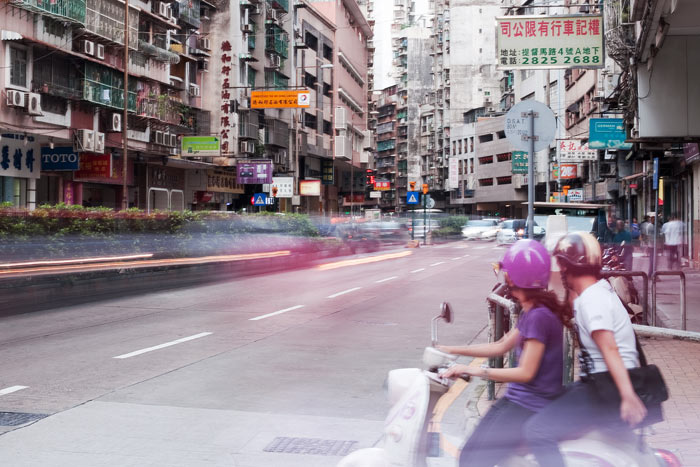
The busy streets of central Macau are teeming with noise, colour and life. A walk along these wide thoroughfares leads to a network of smaller lanes that branch off to the left and right, taking you into the labyrinth of narrow streets that make up Macau's bustling city centre.
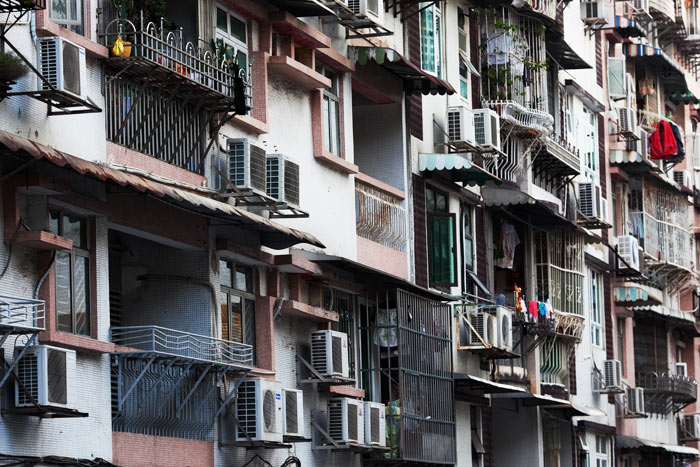
Throughout Macau, a jumble of apartments blocks rise into the city sky. Compared to the five-star luxury on offer at the myriad of sparkling new hotels and casinos, these tiny apartments offer an insight into the way of life for many of Macau's residents.
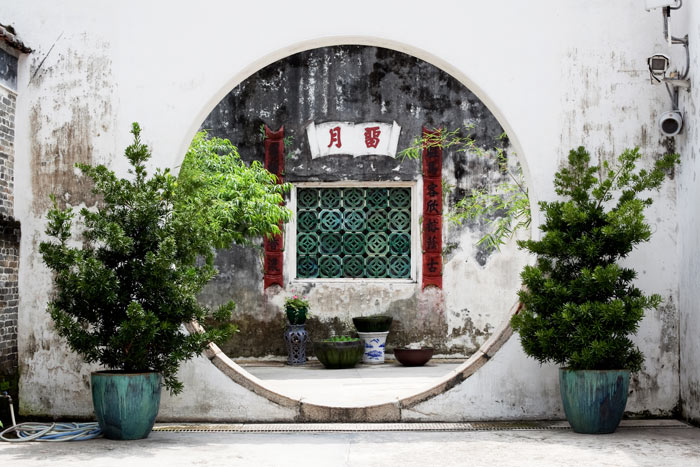
The influence of the Chinese can be seen at almost every turn. Mandarin's House, located in the heart of Macau's historic centre, features many characteristics of traditional Guangdong residences, while taking influences from western cultures and architectural styles.
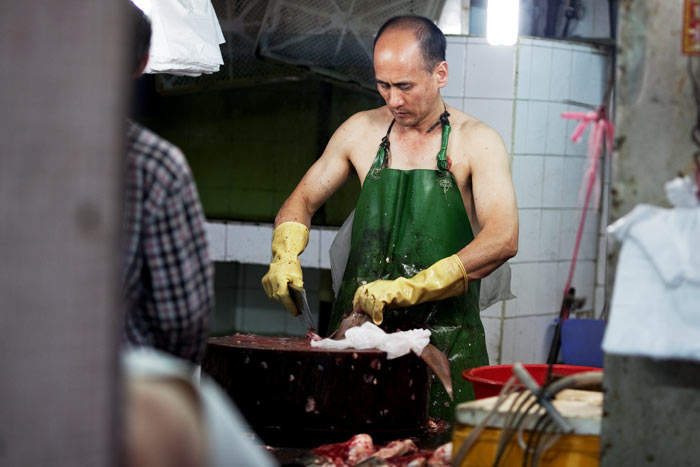
Wander away from the city's main streets and you'll discover a wealth of tiny street-side stalls selling all manner of fruit, vegetables, meats, spices and herbs. In the area near the fishing port, just a few minutes from the city centre, the daily fish market is full of wonderful sites and sounds and some great photo opportunities, although the smells leave a little to be desired.
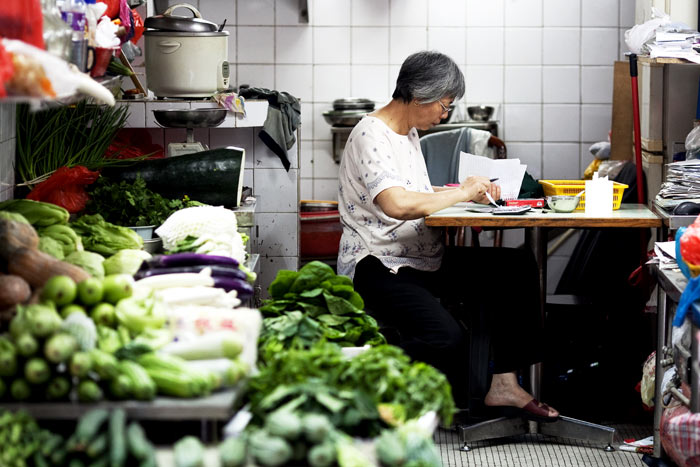
The many market stalls and tiny shops that line Macau's narrow streets are a feast of colour and contrast. Here a vegetable stall owner takes some time out to work on the books as the day's business draws to a close.

While some stalls are closing for the day, the city's main shopping streets are seemingly just getting going. The night brings a welcome relief from the unrelenting heat and humidity of the day, as a mixture of locals and tourists head out in search of suppertime snacks and souvenirs in Macau's lively downtown area.
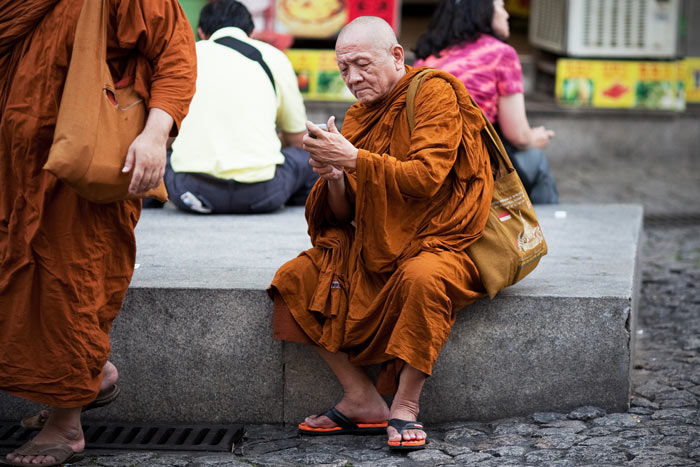
Macau has a religious history stretching back centuries and its residents have the freedom to choose which religion to practice, with Buddhism, Confucianism and Taoism all widely followed, while Macau's rich Portuguese heritage has led to a prominent Roman Catholic community.
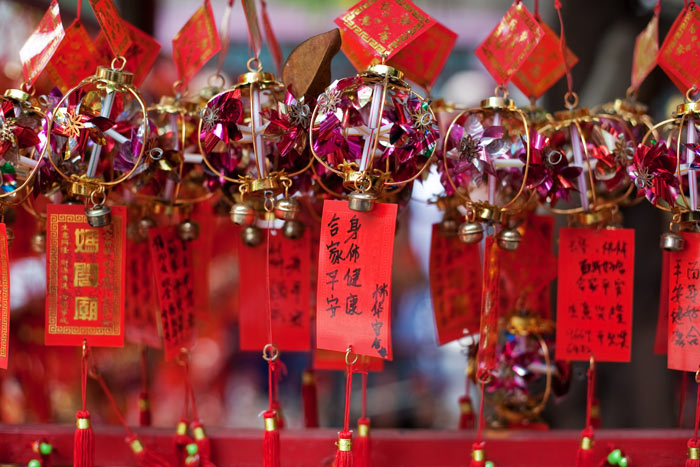
A-Ma Temple, located on the southwest tip of the Macau Peninsula is the city's oldest temple. Built in 1488 during the Ming Dynasty, the temple is dedicated to Matsu, the Chinese goddess of the sea. The temple, which is set on a hillside, offers great views of the surrounding forested hills and nearby bay, and offers a peaceful sanctuary from the hustle and bustle of the busy city centre.

A-Ma Temple attracts devotees from across Macau who leave prayer cards and light incense sticks like the ones pictured above. Small prayer halls and altars are set off the side of a steep winding staircase that forms the backbone of the temple complex.
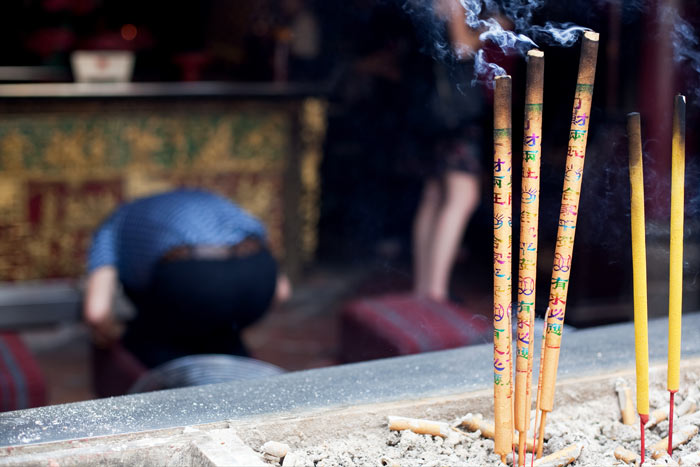
Macau is a wonderful city to explore, feeling at once very Chinese but with many influences - especially in terms of architecture and cuisine - from the centuries of Portuguese colonial rule. A couple of days spent exploring Macau offers a fascinating alternative to neighbouring Hong Kong, especially for those willing to sacrifice a few hours at the blackjack table.






